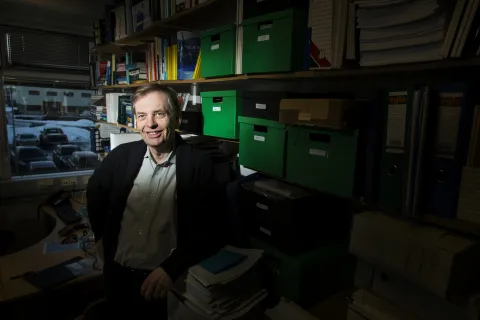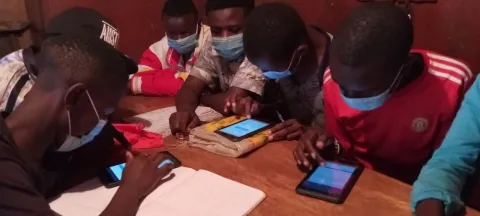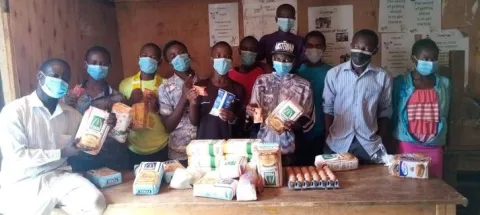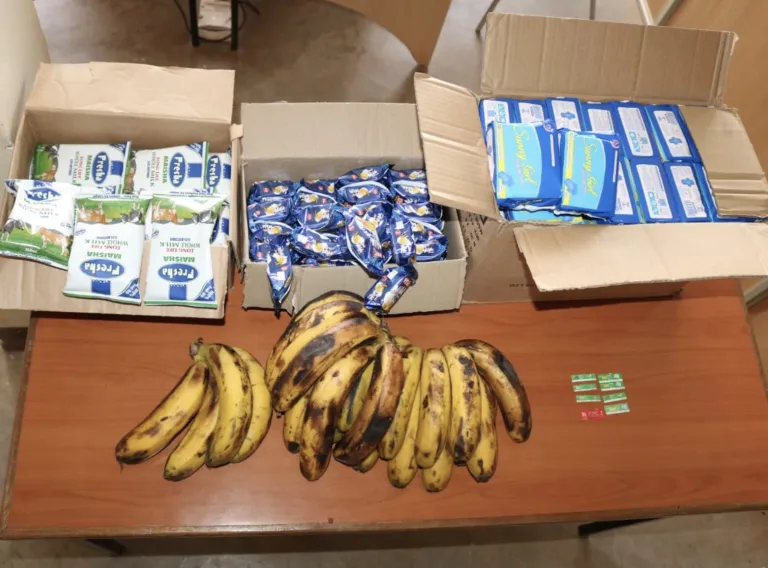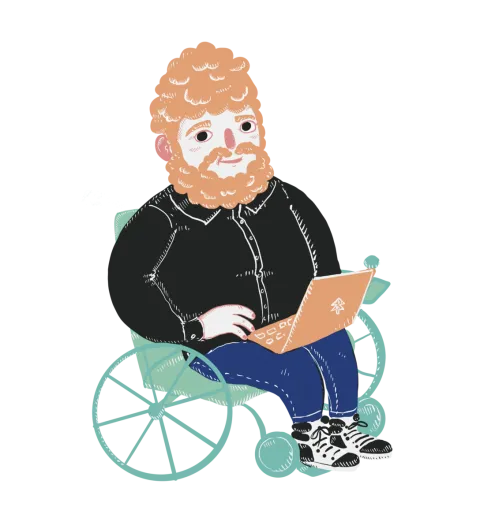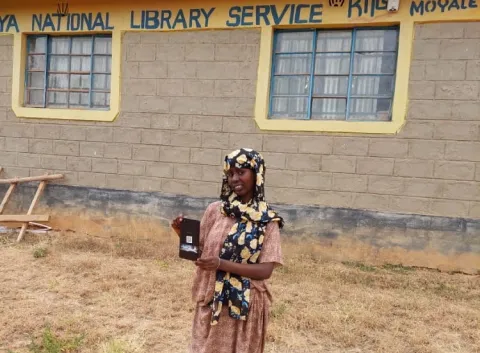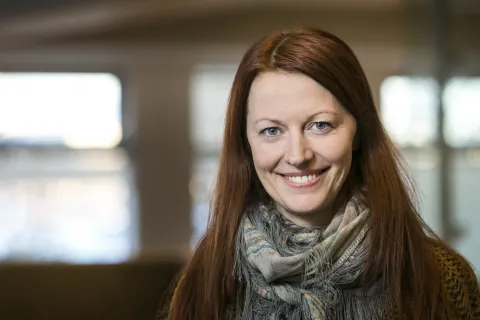
The non-profit organisation Education in a Suitcase, which is centred around a teaching system developed by scientists at the University of Iceland, last week received a grant of ISK 5 million from Kristján Gíslason of the Sliding Through Foundation. The grant will be used to help students from the poorest regions of Africa access higher education. Thanks to the non-profit organisation, its benefactors and the teaching system, students in Kenya were able to access education during the pandemic despite the fact that schools were closed.
The teaching system is called tutor-web and contains educational material, for example in subjects like mathematics, statistics and computer science, as well as exercises that help students master the material. The system was developed by Gunnar Stefánsson, professor at the UI Faculty of Physical Sciences, and Anna Helga Jónsdóttir, senior lecturer at the same Faculty, in collaboration with software developers. Over the past decade, it has been used to teach statistics and mathematics at the University of Iceland and Icelandic upper secondary schools, as well as in Kenyan schools as part of the Education in a Suitcase initiative, established in collaboration with Kenyan academics.
